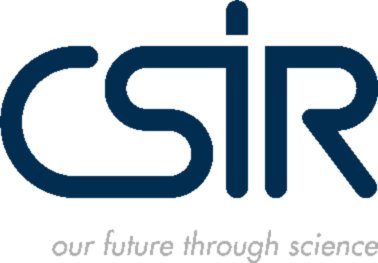There have been digital revolutions in computing and
communications, but today's most advanced fabrication processes are
inherently analog. The intelligence lies in the computers that control
the tools, rather than in the materials that are being manufactured.
The essence of the earlier digital revolutions was "threshold theorems"
that showed that, by encoding and restoring discrete states, enormously
complex reliable systems could be made from simple unreliable parts.
Emerging research now points to the possibility of an analogous digital
revolution in manufacturing, bringing the programmability of the
digital world of bits to the physical world of atoms.
This meeting will explore principles and practices for such a
digitization of fabrication, from the frontiers of laboratory research
to the impact of access to prototype tools for personal fabrication in
field fab labs. It is being held in conjunction with a global gathering
of the fab lab community, including representatives from academia,
industry, governments, and NGOs. |







